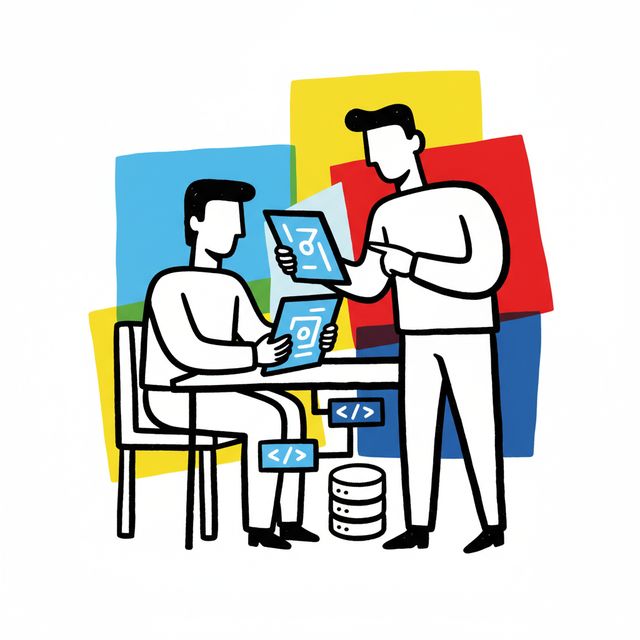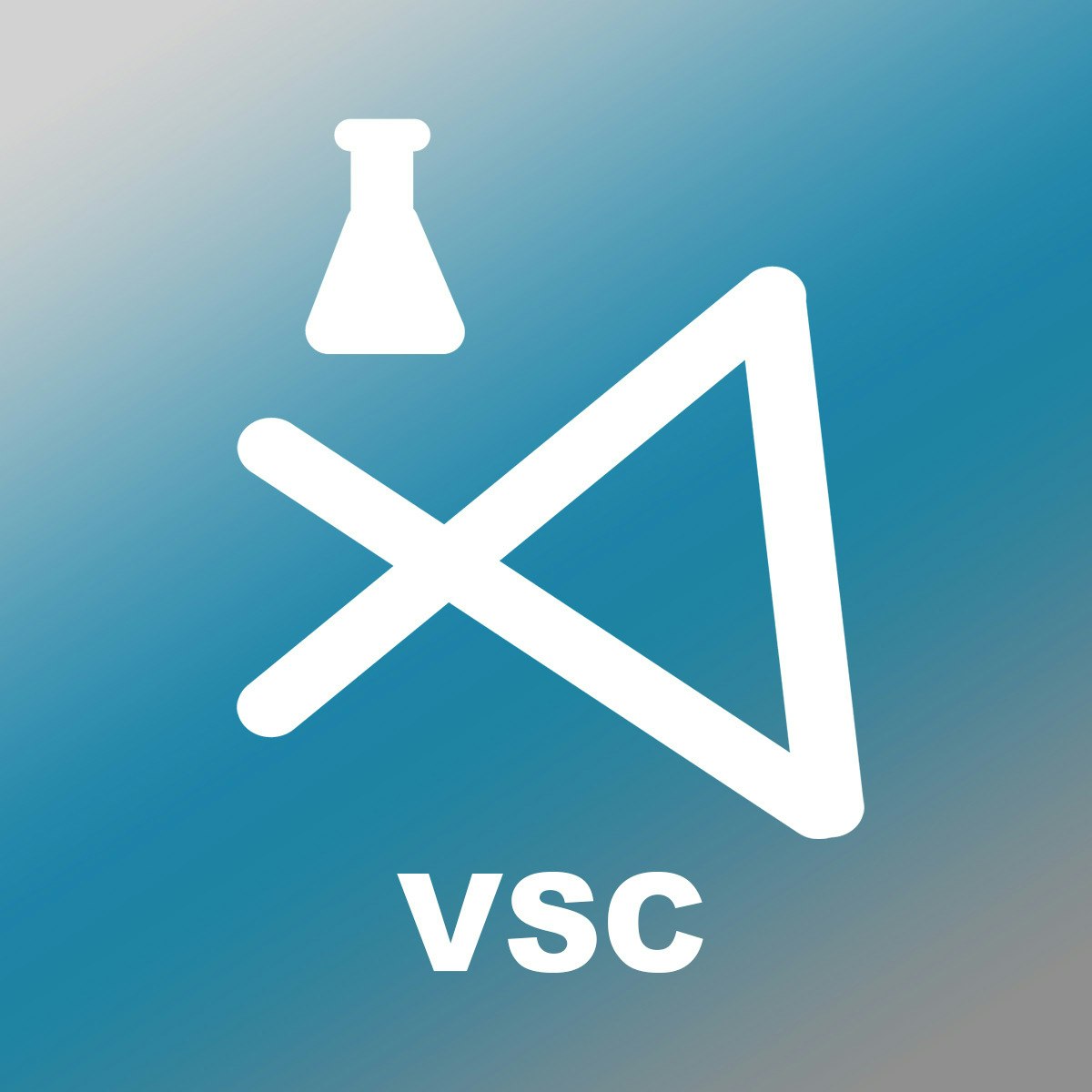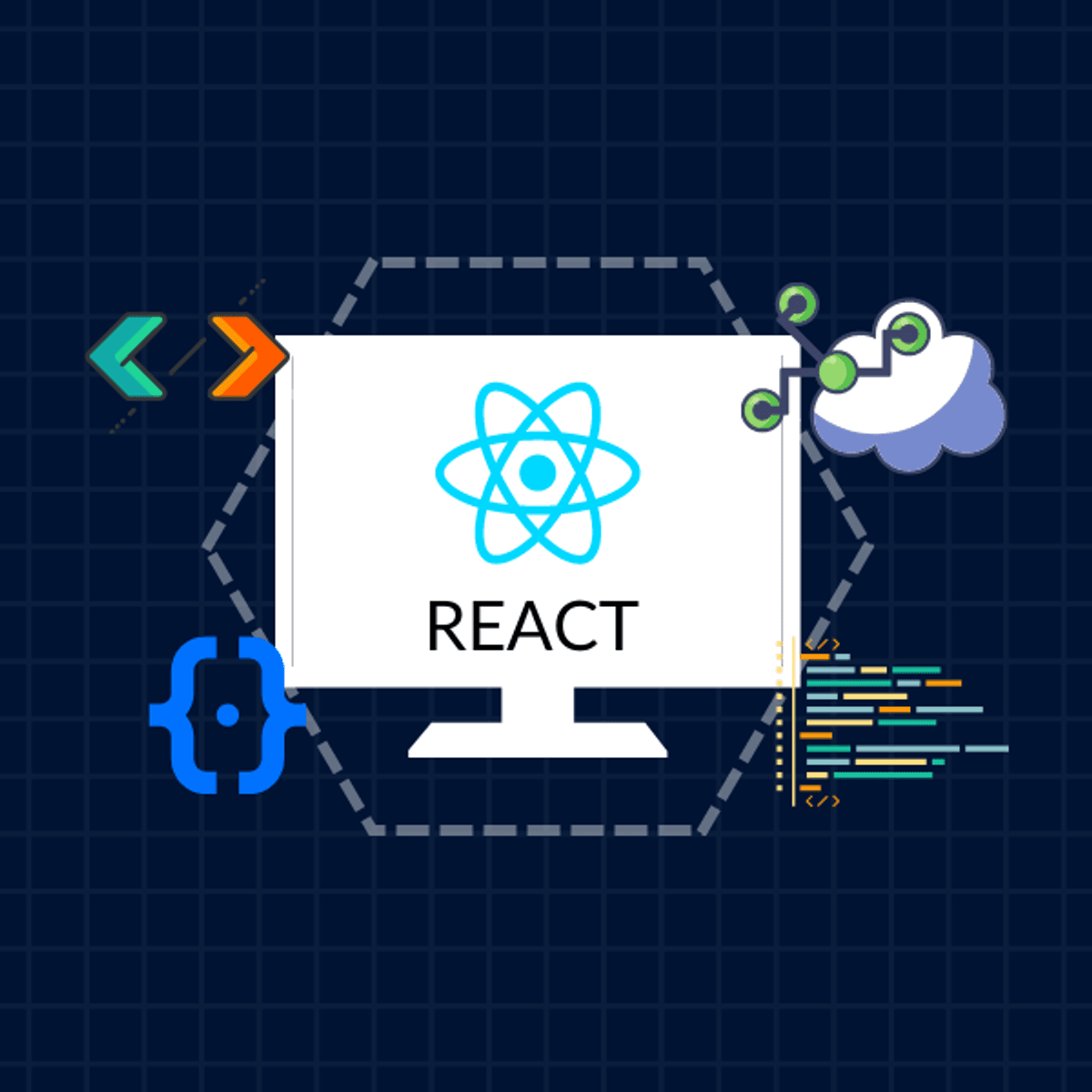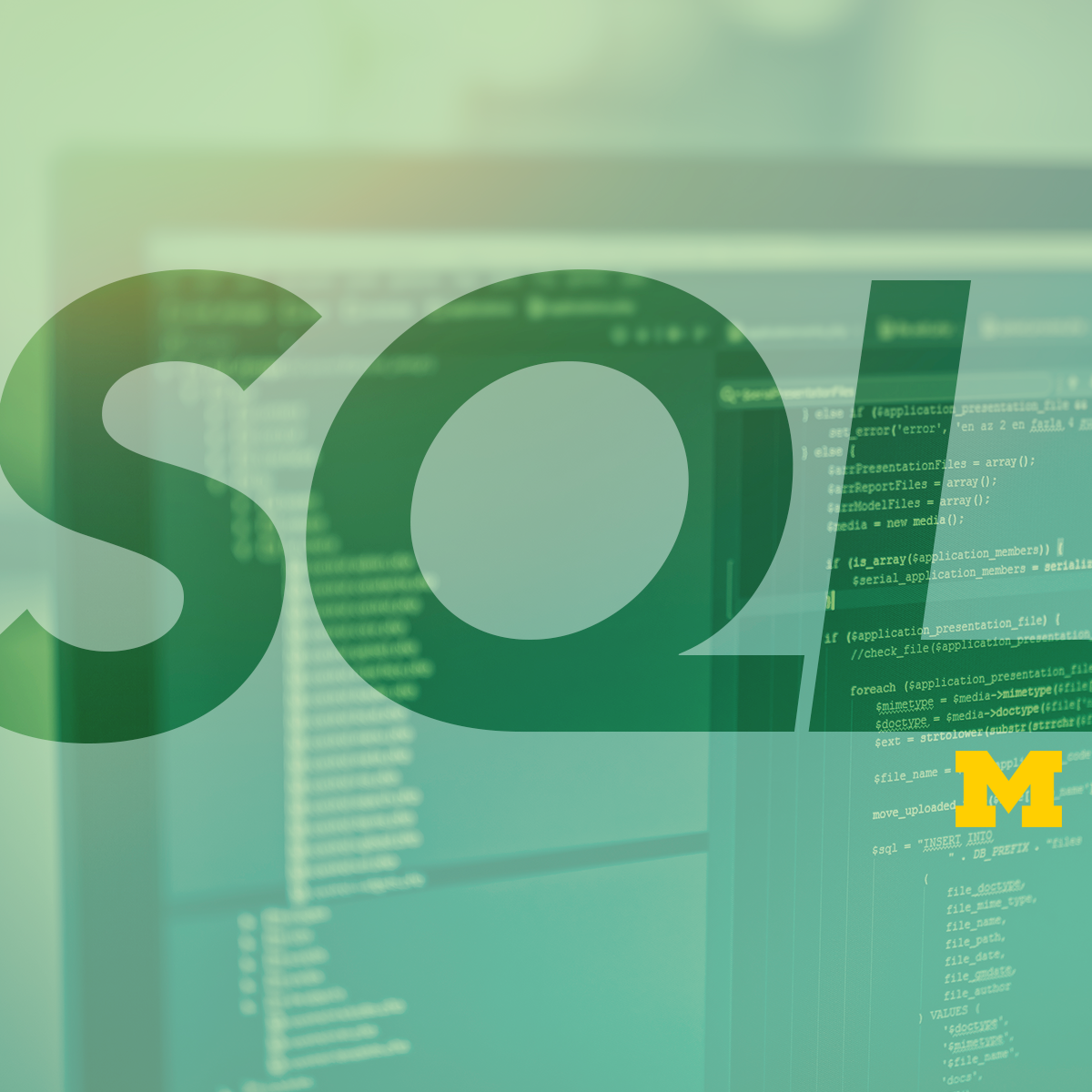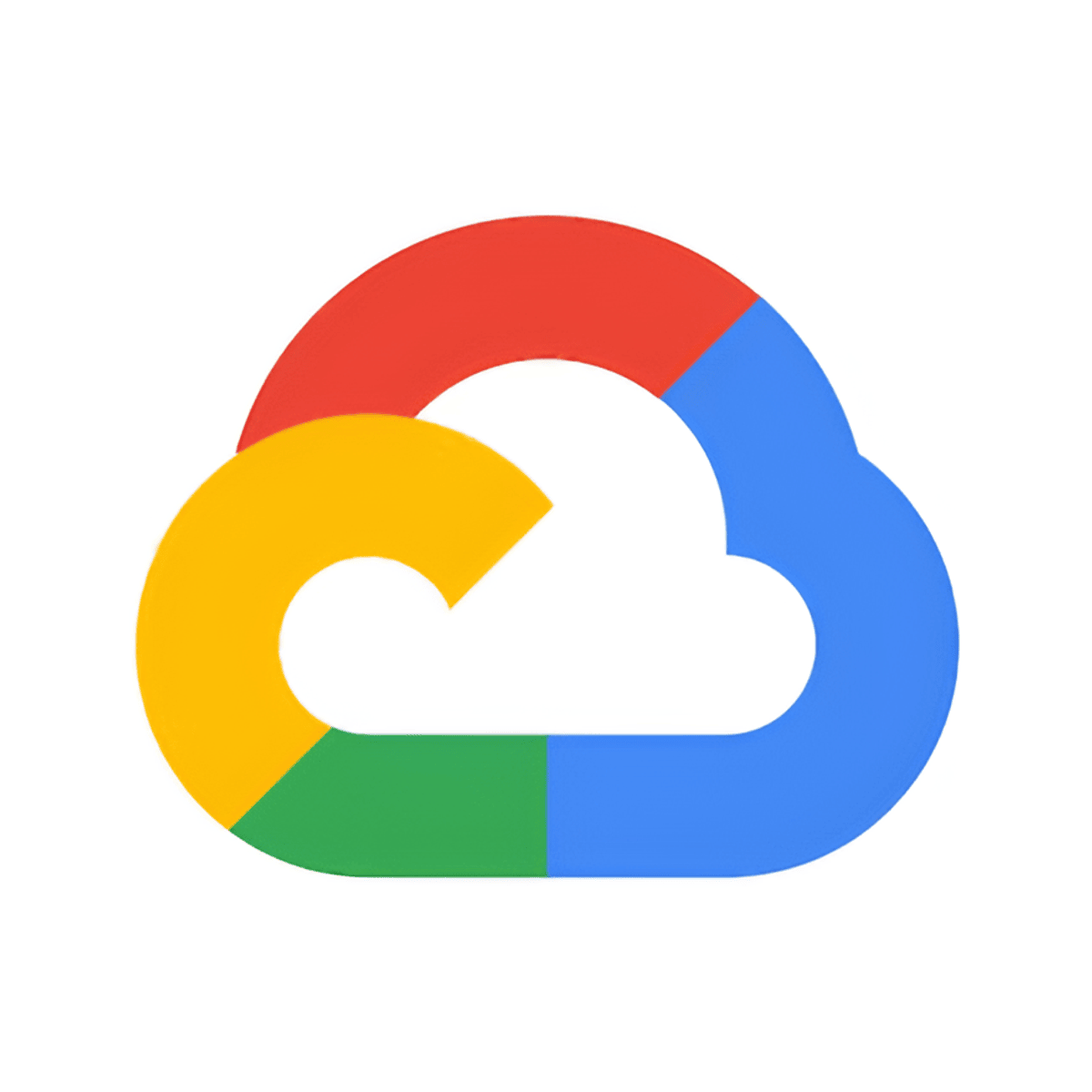Application Developer
Application Developer: A Comprehensive Career Guide
An Application Developer is a professional responsible for designing, creating, testing, and maintaining software applications. These applications can range from simple mobile apps and websites to complex enterprise systems that power large organizations. They translate user needs and business requirements into functional software, writing the code that makes applications work.
Working as an Application Developer involves blending technical expertise with creative problem-solving. Developers often work in teams, collaborating with designers, product managers, and other engineers to bring ideas to life. The field is dynamic, constantly evolving with new technologies, offering exciting opportunities to learn and innovate throughout one's career.
What Does an Application Developer Do?
Defining the Role and Scope
At its core, application development involves the entire lifecycle of creating software. This includes understanding requirements, designing the software's architecture, writing code using various programming languages, debugging issues, and deploying the final product. Application Developers ensure that the software meets the specified functional and technical requirements.
The scope of an Application Developer's work can vary significantly based on the type of application (web, mobile, desktop, cloud), the industry, and the size of the company. Some developers specialize in frontend development (the user interface), backend development (server-side logic and databases), or full-stack development (both frontend and backend).
They play a crucial role in bridging the gap between human needs and technology. By building software solutions, they enable businesses to operate more efficiently, connect people globally, and provide tools for entertainment, education, and countless other purposes.
Integration in Modern Technology
Application Developers are central figures in today's technology-driven world. They build the digital tools and platforms that individuals and organizations rely on daily. From the apps on your smartphone to the complex systems managing financial transactions or healthcare records, developers are behind the scenes making it all happen.
Their work often involves integrating various technologies and services. For example, a web application might need to connect to databases, third-party APIs (Application Programming Interfaces), cloud services, and payment gateways. Developers ensure these different components work together seamlessly and securely.
Furthermore, they collaborate closely with other tech professionals. They work with UX/UI designers to create intuitive user experiences, with DevOps engineers to streamline deployment and operations, and with product managers to align development with business goals. This collaborative nature makes communication and teamwork essential skills.
Consider exploring foundational courses to grasp the breadth of software development.
Key Industries and Employment
Application Developers are in demand across nearly every industry. Technology companies, finance, healthcare, retail, entertainment, education, and government agencies all rely heavily on software applications. This broad demand provides developers with diverse career opportunities and the flexibility to work in sectors that align with their interests.
Startups often seek versatile developers capable of handling multiple aspects of application development, while large corporations might have specialized roles focusing on specific platforms or technologies. The rise of mobile technology and cloud computing has further fueled the demand for developers skilled in creating mobile apps and scalable cloud-based solutions.
Remote work has also become increasingly common in this field, allowing developers to collaborate with teams and companies located anywhere in the world. This global talent pool means opportunities are vast, but competition can also be significant.
Demand and Career Outlook
The career outlook for Application Developers remains strong. As technology continues to integrate deeper into all aspects of life and business, the need for skilled developers to create, maintain, and update applications is projected to grow. According to the U.S. Bureau of Labor Statistics, employment for software developers, quality assurance analysts, and testers is projected to grow much faster than the average for all occupations.
This growth is driven by the increasing reliance on mobile devices, the expansion of the Internet of Things (IoT), the need for enhanced cybersecurity measures in applications, and the adoption of cloud services. Developers who stay current with emerging technologies and programming languages will likely find ample opportunities.
While the field offers stability and growth potential, it also requires continuous learning and adaptation. New tools, frameworks, and programming paradigms emerge regularly, demanding that developers constantly update their skills to remain competitive and effective.
Core Responsibilities
Daily Tasks and Activities
A typical day for an Application Developer often involves writing, testing, and debugging code. They might spend significant time translating design specifications or user stories into functional application features. This requires a deep understanding of programming languages, frameworks, and development tools.
Debugging is a substantial part of the job. Developers troubleshoot issues reported by users or quality assurance (QA) teams, identify the root causes of bugs, and implement fixes. This often involves analyzing logs, using debugging tools, and methodically testing different scenarios.
Collaboration is also key. Developers frequently participate in team meetings, code reviews (reviewing colleagues' code for quality and correctness), and planning sessions (like sprint planning in Agile methodologies). They communicate technical details clearly to both technical and non-technical stakeholders.
These courses offer practical insights into debugging and development tools.
Types of Applications and Specializations
Application Developers can specialize in various areas. Web developers build websites and web applications, often specializing further into frontend (user interface using HTML, CSS, JavaScript frameworks like React or Angular) or backend (server-side logic using languages like Python, Java, C#, Node.js).
Mobile developers create applications for smartphones and tablets, typically focusing on either iOS (using Swift or Objective-C) or Android (using Kotlin or Java). Cross-platform development frameworks like React Native or Flutter allow developers to build apps for both platforms using a single codebase.
Enterprise developers build large-scale applications designed for internal use by organizations, often involving complex business logic, integrations with existing systems, and high security requirements. Other specializations include game development, embedded systems programming, and desktop application development.
These books provide foundational knowledge relevant to various application types.
Workflow Integration (DevOps, UX/UI, Product Management)
Modern application development rarely happens in isolation. Developers work within larger workflows involving various teams and disciplines. Integration with DevOps practices is common, involving tools and processes for continuous integration, continuous delivery (CI/CD), automated testing, and infrastructure management.
Collaboration with UX/UI designers ensures applications are not only functional but also user-friendly and visually appealing. Developers implement designs provided by designers, often providing feedback on feasibility and technical constraints.
Working with product managers involves understanding business goals, user needs, and feature priorities. Developers contribute technical insights during planning and provide estimates for development effort. This cross-functional collaboration ensures the final product effectively meets both user expectations and business objectives.
Formal Education Pathways
Relevant Degrees and Programs
A common route into application development is through formal education, typically a bachelor's degree in Computer Science, Software Engineering, or a related field like Information Technology or Computer Information Systems. These programs provide a strong theoretical foundation in computing principles.
Curricula often cover fundamental concepts such as data structures, algorithms, operating systems, database management, computer networks, and software design principles. This theoretical knowledge is crucial for understanding how software works at a deeper level and for tackling complex development challenges.
Some developers pursue advanced degrees, like a Master's or PhD, particularly if they are interested in specialized areas such as artificial intelligence, machine learning, cybersecurity, or research and development roles. Advanced degrees can open doors to leadership positions or cutting-edge research opportunities.
Key Coursework and Concepts
Foundational coursework in a typical computer science or software engineering program includes programming fundamentals (often using languages like Java, Python, or C++), data structures (like arrays, linked lists, trees, graphs), and algorithms (sorting, searching, graph traversal).
Courses on database systems teach how to design, query (using SQL), and manage databases, which are essential for applications that store and retrieve data. Systems design courses cover the principles of building large, scalable, and reliable software systems. Understanding operating systems concepts helps developers write efficient code that interacts well with the underlying system resources.
Other important subjects often include computer architecture, networking principles, software testing, and project management methodologies like Agile or Scrum. These provide a well-rounded education preparing graduates for various development roles.
Role of Advanced Research (PhD)
While not required for most application development roles, a PhD in Computer Science or a related field can be beneficial for those aiming for research-focused positions or roles pushing the boundaries of technology. PhD programs involve deep specialization in a specific area, such as machine learning algorithms, programming language theory, cybersecurity protocols, or human-computer interaction.
PhD research contributes to the advancement of development methodologies, tools, and technologies. Graduates often work in academic institutions, corporate research labs (like those at Google, Microsoft, or IBM), or specialized roles requiring deep expertise. Their work might involve creating novel algorithms, designing new software architectures, or developing innovative development tools.
For most aspiring application developers, however, a bachelor's or master's degree combined with practical experience and continuous learning is sufficient to build a successful career.
Certifications and Supplementary Training
Beyond formal degrees, certifications and supplementary training can enhance an Application Developer's skill set and marketability. Certifications from technology vendors like Microsoft (e.g., Azure Developer Associate), Amazon (AWS Certified Developer – Associate), or Google (Associate Cloud Engineer) validate expertise in specific cloud platforms.
Language-specific or framework-specific certifications, such as those for Java (Oracle Certified Professional), Python, or specific frameworks, can also demonstrate proficiency. However, the value of certifications is often debated in the industry, with practical experience and a strong portfolio typically carrying more weight.
Supplementary training, often available through online courses, bootcamps, or workshops, helps developers learn new technologies, frameworks, or methodologies quickly. This continuous learning is vital for staying relevant in the rapidly evolving tech landscape.
Self-Directed and Online Learning
Building Skills via Online Programs
It is entirely feasible to build the necessary skills for an application development career through self-directed learning and online resources. Many successful developers are self-taught or have supplemented formal education with extensive online learning. Platforms like OpenCourser aggregate vast numbers of courses covering programming languages, frameworks, databases, and development tools.
Structured online programs, often called bootcamps or nanodegrees, offer intensive, focused training designed to get learners job-ready in a shorter timeframe than traditional degrees. These programs often emphasize practical skills and project-based learning, mimicking real-world development scenarios.
Choosing the right online courses requires careful consideration. Look for courses with strong reviews, reputable instructors or institutions, up-to-date content, and hands-on projects. OpenCourser's features like summarized reviews and course comparisons can help navigate the options.
Many online courses focus on specific, in-demand skills like C#, Go, or Java development.
These books offer structured learning paths for aspiring developers.
Balancing Theory and Project-Based Learning
Effective self-directed learning involves balancing theoretical knowledge with practical application. While understanding computer science fundamentals (like algorithms and data structures) is important, applying these concepts by building projects is crucial for solidifying skills and demonstrating competence to potential employers.
Start with foundational courses covering core programming concepts and a specific language. As you learn, immediately apply the knowledge by working on small coding exercises and gradually building larger projects. Project-based courses are particularly valuable as they guide you through building complete applications.
Don't shy away from tackling projects that seem slightly beyond your current skill level. This is often where the most significant learning occurs. Break down complex projects into smaller, manageable tasks, research solutions to problems you encounter, and learn from your mistakes.
Explore courses that combine theoretical foundations with hands-on application building.
Creating Portfolios Without Formal Experience
For self-taught developers or career changers, a strong portfolio of projects is essential to showcase skills and compensate for a lack of traditional credentials or formal work experience. Your portfolio should demonstrate your ability to build functional, well-coded applications.
Include a variety of projects that highlight different skills and technologies. Examples could include a web application, a mobile app, a command-line tool, or a contribution to an open-source project. Ensure the code for your projects is clean, well-documented, and publicly accessible (e.g., on GitHub).
Accompany each project with a clear description outlining the problem it solves, the technologies used, and your specific contributions. A personal website or a dedicated portfolio platform can effectively present your work to potential employers or clients.
Consider courses that guide you through building portfolio-worthy projects.
Using Open-Source Contributions
Contributing to open-source projects is an excellent way for aspiring developers to gain practical experience, collaborate with other developers, and build their reputation. It demonstrates initiative, teamwork skills, and the ability to work with existing codebases.
Start by finding projects that interest you and align with the technologies you're learning. Many projects have "good first issue" tags specifically for newcomers. Begin with smaller contributions, such as fixing bugs, improving documentation, or adding tests, before tackling larger features.
Active participation in open-source communities (e.g., through GitHub, mailing lists, forums) allows you to learn from experienced developers, receive feedback on your code, and build a professional network. Highlighting significant open-source contributions in your portfolio or resume can be a strong signal to employers.
Career Progression
Entry-Level Roles
Graduates or individuals new to the field typically start in entry-level roles such as Junior Developer, Associate Software Engineer, or sometimes Quality Assurance (QA) Engineer. These roles focus on learning the company's codebase, tools, and processes under the guidance of senior developers.
Initial tasks often involve fixing minor bugs, writing unit tests, contributing to smaller features, or assisting with documentation. The primary goal is to build foundational skills, gain practical experience, and understand the team's workflow. Mentorship from senior team members is common and crucial during this stage.
Some may start in related roles like IT Support Specialist or Technical Support Engineer and transition into development as they build their coding skills. Strong problem-solving abilities and a willingness to learn are key attributes for success in entry-level positions.
Mid-Career Transitions
After gaining a few years of experience, developers typically progress to mid-level roles like Software Engineer or Application Developer. At this stage, they take on more responsibility, work on more complex features, and contribute to design discussions. They are expected to work more independently and may begin mentoring junior developers.
Further progression often leads to Senior Developer or Technical Lead roles. Senior Developers possess deep technical expertise, tackle the most challenging technical problems, and often influence architectural decisions. Technical Leads guide a small team of developers on specific projects or features, providing technical direction and mentorship while still actively coding.
Soft skills, such as communication, leadership, and mentoring, become increasingly important for advancing beyond mid-level roles. Demonstrating ownership, initiative, and the ability to deliver complex projects successfully are key factors for promotion.
Courses focusing on advanced topics, architecture, and design patterns can support this transition.
Leadership Pathways
Experienced developers have several leadership paths available. One common route is Engineering Management, where the focus shifts from primarily technical contributions to managing teams, hiring, performance reviews, and strategic planning. While technical understanding remains important, people management and leadership skills become paramount.
Another path is becoming a Software Architect. Architects focus on high-level design decisions, defining the technical vision for systems or entire products, selecting technologies, and ensuring scalability, reliability, and maintainability. This role requires deep technical expertise and strong strategic thinking.
In smaller companies or startups, experienced developers might progress to roles like Head of Engineering or Chief Technology Officer (CTO), overseeing all technical aspects of the organization. These roles combine technical leadership with business strategy and management responsibilities.
These books explore software design and leadership principles relevant to these paths.
Freelancing and Consultancy
Many experienced Application Developers choose to work as freelancers or consultants. Freelancing offers flexibility in choosing projects, clients, and working hours. Freelancers typically work on specific projects for various clients, ranging from small businesses to large corporations.
Consultancy often involves providing expert advice and solutions to businesses facing specific technical challenges. Consultants might help companies choose the right technology stack, design system architectures, improve development processes, or troubleshoot complex problems. This path requires strong technical skills, excellent communication, and business acumen.
Both freelancing and consultancy require self-discipline, business development skills (finding clients, negotiating contracts), and financial management. While offering autonomy, these paths also come with less stability and predictability than traditional employment.
Essential Skills
Programming Languages and Frameworks
Proficiency in one or more programming languages is fundamental. Popular choices include Java, Python, C#, JavaScript, Kotlin, Swift, and Go, depending on the target platform (web, mobile, backend). Understanding the core concepts of the chosen language(s) is essential.
Familiarity with relevant frameworks and libraries significantly boosts productivity. For web development, frameworks like React, Angular, Vue.js (frontend) and Node.js/Express, Django, Ruby on Rails, Spring Boot (backend) are common. Mobile developers use platform-specific SDKs (Software Development Kits) or cross-platform frameworks like Flutter or React Native.
Staying updated with the latest versions and features of languages and frameworks is crucial, as the technology landscape changes rapidly. Many developers specialize in a particular stack (e.g., MERN stack: MongoDB, Express, React, Node.js) but having broader knowledge is often beneficial.
Version Control and Collaboration Tools
Version control systems (VCS) are essential for managing code changes, especially in team environments. Git is the industry standard, and proficiency with platforms like GitHub, GitLab, or Bitbucket is expected. Developers need to understand concepts like branching, merging, pull requests, and resolving conflicts.
Collaboration tools facilitate teamwork and communication. Project management software like Jira or Trello helps track tasks and progress. Communication platforms like Slack or Microsoft Teams enable real-time discussion and information sharing. Familiarity with these tools streamlines development workflows.
Understanding build tools (like Maven, Gradle, Webpack) and package managers (like npm, pip) is also important for managing project dependencies and automating build processes.
Problem-Solving and Communication
Strong analytical and problem-solving skills are paramount. Developers constantly encounter technical challenges, bugs, and complex requirements that require logical thinking and creative solutions. The ability to break down complex problems into smaller, manageable parts is crucial.
Effective communication skills are equally important. Developers need to articulate technical concepts clearly to team members, product managers, designers, and sometimes clients. They must also be adept at writing clear documentation, commit messages, and bug reports.
Active listening and the ability to understand different perspectives are vital for successful collaboration. Miscommunication can lead to errors, delays, and frustration, so clarity and precision in both written and verbal communication are highly valued.
Adaptability and Continuous Learning
The technology landscape is constantly evolving, with new languages, frameworks, tools, and methodologies emerging frequently. Adaptability and a commitment to lifelong learning are essential for long-term success as an Application Developer.
Developers must be willing to learn new technologies as needed for projects or to stay current in the field. This involves reading documentation, taking online courses, attending conferences or workshops, and experimenting with new tools.
Embracing change and being open to new approaches are key mindsets. Technologies that are popular today might become obsolete in a few years. Developers who are proactive about learning and adapting will be better equipped to navigate these shifts and maintain their relevance in the job market.
Industry Trends
Low-Code/No-Code Platforms
The rise of low-code/no-code (LCNC) platforms allows individuals with limited programming knowledge to build applications using visual interfaces and pre-built components. While these platforms can accelerate development for simpler applications and empower "citizen developers," they are unlikely to replace traditional application developers entirely.
Skilled developers are still needed for complex logic, custom integrations, performance optimization, security hardening, and maintaining applications built with LCNC tools or extending their capabilities beyond the platform's limitations. Some argue LCNC platforms free up developers to focus on more challenging, higher-value tasks.
Developers may find opportunities in building custom components for LCNC platforms or integrating LCNC-built applications with other enterprise systems. Understanding the capabilities and limitations of these platforms can be advantageous.
Cybersecurity Emphasis
With the increasing frequency and sophistication of cyberattacks, security has become a critical aspect of application development. Developers are now expected to have a foundational understanding of secure coding practices and common vulnerabilities (like those listed in the OWASP Top 10).
Integrating security considerations throughout the development lifecycle ("Shift Left Security") is becoming standard practice. This includes secure design principles, input validation, proper authentication and authorization, secure data handling, and regular security testing.
Developers often collaborate with security professionals (like Application Security Engineers) but are increasingly responsible for writing secure code from the outset. Knowledge of security frameworks, tools for static and dynamic analysis (SAST/DAST), and secure development best practices is highly valuable.
Remote Work and Global Talent
The COVID-19 pandemic accelerated the trend towards remote work in the tech industry, and application development is particularly well-suited for remote arrangements. Many companies now offer fully remote or hybrid work options, expanding the talent pool globally.
This shift provides developers with greater flexibility and access to opportunities regardless of geographic location. However, it also means increased competition from a global talent pool. Effective remote collaboration skills, self-discipline, and strong communication become even more critical.
Companies benefit from access to diverse talent but also face challenges in managing distributed teams, maintaining company culture, and ensuring consistent collaboration across time zones. Tools and processes supporting remote work continue to evolve.
Ethical Considerations
Data Privacy and Regulations
Application Developers must be aware of and adhere to data privacy regulations like the General Data Protection Regulation (GDPR) in Europe and the California Consumer Privacy Act (CCPA). These laws impose strict requirements on how applications collect, store, process, and protect user data.
Developers need to implement features that support user rights, such as data access, correction, and deletion requests. They must also ensure data is handled securely, employing encryption, access controls, and anonymization techniques where appropriate. Designing applications with privacy principles ("Privacy by Design") is becoming increasingly important.
Failure to comply with these regulations can result in significant fines and reputational damage for companies. Therefore, understanding data privacy requirements is a crucial responsibility for developers involved in handling personal information.
Bias Mitigation in AI Applications
As artificial intelligence (AI) and machine learning (ML) become more integrated into applications, developers face ethical challenges related to bias. AI models trained on biased data can perpetuate or even amplify societal biases, leading to unfair or discriminatory outcomes in areas like hiring, loan applications, or facial recognition.
Developers working with AI/ML components need to be aware of potential sources of bias in data and algorithms. They should strive to use techniques for bias detection and mitigation, ensure transparency in how AI models make decisions, and advocate for fairness in application design.
Collaboration with data scientists, ethicists, and domain experts is often necessary to address these complex issues. Responsible AI development requires ongoing attention to fairness, accountability, and transparency.
Environmental Impact of Software
The environmental impact of software, often referred to as "Green Software Engineering," is an emerging ethical consideration. Software applications consume energy, both on user devices and in data centers, contributing to carbon emissions. Inefficient code, unnecessary data transfers, and poorly optimized infrastructure can exacerbate this impact.
Developers can contribute to sustainability by writing energy-efficient code, optimizing algorithms, minimizing data usage, and choosing greener cloud hosting options or infrastructure designs. While still a developing field, awareness of software's environmental footprint is growing.
Principles of sustainable software development encourage building applications that are carbon-efficient, energy-efficient, and hardware-efficient. This involves considering the entire lifecycle, from design and development to deployment and decommissioning.
Transferable Skills and Alternative Paths
Overlaps with Related Tech Roles
The skills acquired as an Application Developer are highly transferable to other roles within the technology sector. There is significant overlap with fields like DevOps engineering, which focuses on automating and streamlining software development and deployment processes.
Data Engineering is another related field, involving the design, construction, and maintenance of systems for collecting, storing, and processing large datasets. Developers with strong backend and database skills might find this a natural transition.
Product Management roles also benefit from a technical background. Developers who enjoy focusing on user needs, market strategy, and coordinating development efforts might consider moving into product management.
Leveraging Skills in Non-Technical Roles
Application development skills can also be valuable in roles that are not strictly technical. For example, Technical Consulting involves advising businesses on technology strategy, implementation, and problem-solving. A development background provides a deep understanding of the technologies being discussed.
Technical Sales or Sales Engineering roles require explaining complex technical products to potential customers. Developers possess the technical depth needed for these positions. Technical Writing involves creating documentation, tutorials, and guides for software products, leveraging both technical knowledge and communication skills.
Even roles in venture capital or tech investment analysis benefit from individuals who understand the underlying technology of the companies they evaluate.
Entrepreneurship Opportunities
Many Application Developers leverage their skills to become entrepreneurs, founding their own tech startups. The ability to build a prototype or Minimum Viable Product (MVP) independently is a significant advantage for early-stage founders.
Developers can identify problems they are passionate about solving and create software solutions to address them. Whether building a mobile app, a web platform, or a software-as-a-service (SaaS) product, development skills are central to bringing the initial vision to life.
While entrepreneurship involves much more than just coding (including business strategy, marketing, sales, and fundraising), a strong technical foundation provides founders with greater control over their product development and the ability to iterate quickly based on user feedback.
Frequently Asked Questions
Is a computer science degree mandatory?
No, a traditional four-year computer science degree is not strictly mandatory to become an Application Developer. Many successful developers are self-taught, have attended coding bootcamps, or hold degrees in unrelated fields. Employers increasingly value demonstrable skills, practical experience, and a strong portfolio over specific educational credentials.
However, a computer science degree provides a strong theoretical foundation in algorithms, data structures, and computing principles, which can be advantageous for tackling complex problems and understanding systems at a deeper level. It remains a common and respected pathway into the field.
Ultimately, the ability to code effectively, solve problems, learn continuously, and demonstrate your skills through projects is what matters most to employers.
How does remote work affect opportunities?
Remote work has significantly expanded opportunities for Application Developers, allowing them to apply for jobs at companies located anywhere, not just within commuting distance. This increases the potential number of available positions and offers greater flexibility in work arrangements.
However, it also increases competition, as companies can now hire talent globally. Strong communication, self-discipline, and the ability to collaborate effectively in a remote setting are crucial. Some entry-level roles might still prefer or require in-office presence for closer mentorship and training.
Overall, remote work has been a net positive for many developers, offering more options and better work-life balance, but it requires adapting to new ways of working and potentially facing broader competition.
Which industries offer the highest salaries?
Salaries for Application Developers vary based on factors like location, experience, specific skills, company size, and industry. Generally, industries known for higher developer salaries include finance (especially quantitative finance or "quant" roles), big tech companies (like Google, Meta, Apple, Amazon, Microsoft), and well-funded startups.
Consulting firms that specialize in technology also tend to offer competitive compensation. Sectors like healthcare technology (HealthTech) and entertainment (gaming, streaming services) can also offer high salaries for specialized roles.
However, compensation often reflects the cost of living in major tech hubs. It's important to consider the complete compensation package, including benefits, bonuses, stock options, and work-life balance, not just the base salary.
Can developers transition into AI/ML roles?
Yes, Application Developers can transition into Artificial Intelligence (AI) and Machine Learning (ML) roles, but it typically requires acquiring additional specialized knowledge and skills. A strong foundation in programming (especially Python), mathematics (linear algebra, calculus, probability, statistics), and data structures/algorithms is essential.
Further study in machine learning concepts, algorithms (like regression, classification, clustering, deep learning), data preprocessing, model evaluation, and relevant libraries (like TensorFlow, PyTorch, scikit-learn) is necessary. This can be achieved through online courses, bootcamps, or advanced degrees (Master's or PhD).
Building a portfolio of AI/ML projects or contributing to related open-source projects can demonstrate practical skills. Roles might include Machine Learning Engineer, AI Engineer, or Data Scientist with an ML focus.
What are the risks of automation in this field?
Automation, including AI-powered coding assistants (like GitHub Copilot) and LCNC platforms, is changing aspects of application development. These tools can automate repetitive coding tasks, generate boilerplate code, and speed up development for simpler applications, potentially reducing the need for developers focused solely on routine tasks.
However, the risk of complete automation replacing developers in the near future is low. Complex problem-solving, system design, architectural decisions, understanding nuanced user requirements, debugging intricate issues, and ensuring security and ethical considerations still require human expertise, creativity, and critical thinking.
Developers who focus on higher-level skills, adapt to using new tools effectively, specialize in complex domains, and continuously learn are likely to remain in high demand. Automation may shift the nature of the work rather than eliminate the need for skilled developers.
How important are certifications compared to experience?
In application development, practical experience and a portfolio demonstrating skills generally carry more weight than certifications. Employers want to see that you can actually build functional, well-designed software.
Certifications can be valuable, particularly for specific technologies (like cloud platforms AWS, Azure, GCP) or specialized domains (like cybersecurity). They can help validate specific skills, especially for those changing careers or lacking formal experience in a particular area. They might also be favored by certain types of employers (e.g., large enterprises, government contractors).
However, certifications alone are rarely sufficient to secure a job without supporting evidence of practical ability. A combination of relevant experience (through projects, open-source contributions, or previous roles), demonstrable skills, and potentially relevant certifications presents the strongest profile.
Conclusion
Embarking on a career as an Application Developer offers a path filled with intellectual challenges, creative opportunities, and significant growth potential. It requires a blend of technical proficiency, problem-solving prowess, and a dedication to continuous learning in a rapidly evolving field. Whether you pursue a traditional educational route or carve your own path through online learning and self-study, building practical skills and showcasing them through projects is paramount. While the journey demands effort and persistence, the ability to create software that solves problems and impacts users makes it a rewarding endeavor for many. Explore the resources on Computer Science and Programming available through OpenCourser to start or advance your learning journey.

